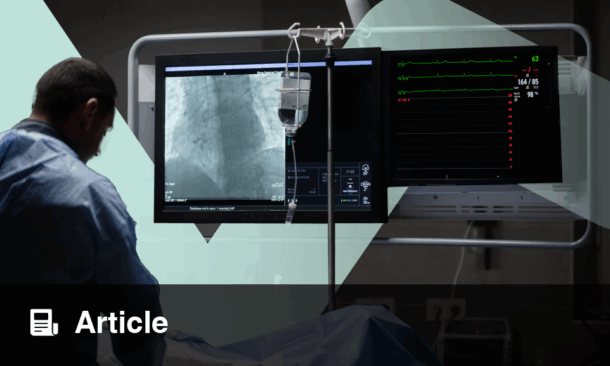Abstract
Surgical mitral valve (MV) repair has evolved to become the standard of care for severe mitral regurgitation (MR) with superior acute and long-term results compared to valve replacement. Minimally-invasive surgical techniques have been successful in reducing operative trauma while yielding equivalent or even superior results compared to conventional sternotomy. However, due to elevated operative risk, growing numbers of patients are not referred for surgery, especially elderly patients with reduced ventricular function and functional MR who often present with relevant comorbidities. For these patients, transcatheter-based therapies represent an attractive option. While most interventional techniques are still in experimental or early clinical stages, relevant clinical experience has been gathered with the MitraClip device. More recently, devices for transcatheter MV implantation have entered the clinical stage. For successful implementation of an interdisciplinary MV programme, integration of surgical and interventional treatment modalities within heart centres is of paramount importance. This is best accomplished by an interdisciplinary heart team consisting of cardiologists and cardiac surgeons. An integrated approach to MV disease will help relieve under-treatment of patients with severe MR and will benefit a true heart centre as a whole by increasing the overall caseload of MV patients, as well as volumes and outcome of MV surgery by more adequate patient allocation for different treatment options.
Please view the full content in the pdf above.








